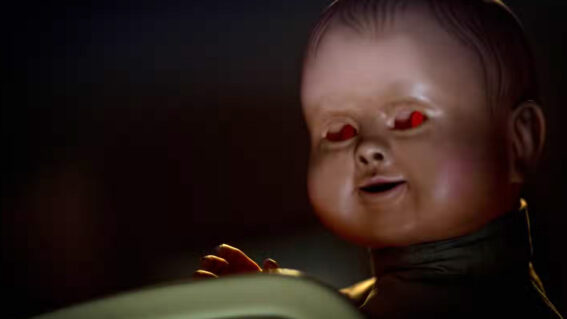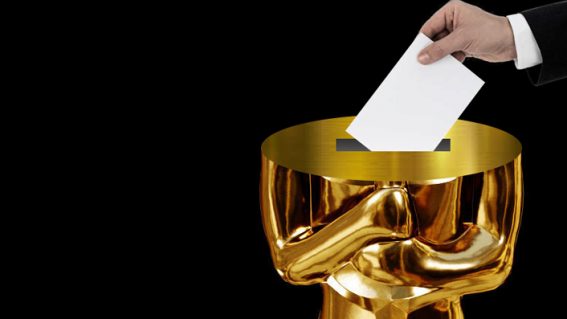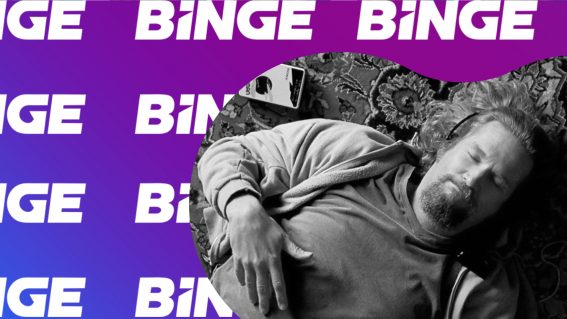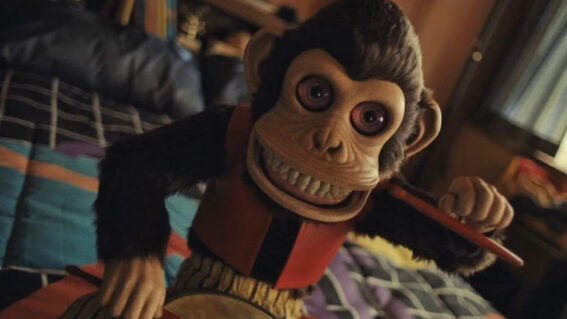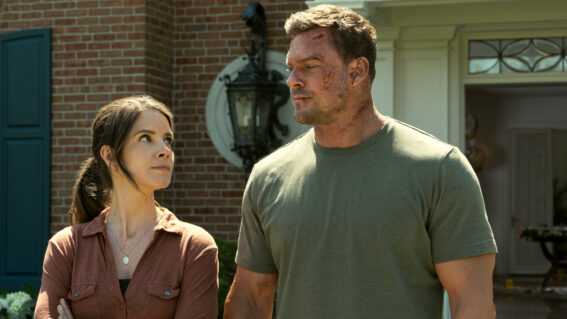Mary Poppins is back – and her ‘inspirational’ messages are really quite atrocious
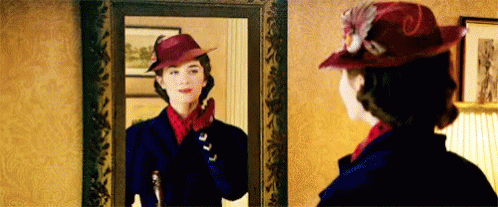
Some have suggested that Mary Poppins Returns is an inspirational movie perfect for the current times. But that is a load of poppycock, says critic Luke Buckmaster.
It struck me as rather poetic that Mary Poppins Returns opens with a close-up shot of a gas light, given this belated sequel to the schmaltzy but charming 1964 musical indulges in quite a bit of gaslighting. Director Rob Marshall presents an altered state of reality where insidious messages and asinine ideologies fester beneath the candy-coloured veneer. Audiences can be forgiven for doubting their own sanity while watching it – not because the film is expialidocious escapism, but because it is weirdly defeatist and riddled with capitalist fallacies.
As the beloved children’s TV host Fred Rogers once said: “What we see and hear on the screen is part of who we become.” Audiences old and young deserve more than the cowardice of Marshall and screenwriter David Magee’s narrative about a family clawing their way up after supposedly hitting rock bottom. The film is set during the Great Depression, though the “D” word isn’t used – presumably in the condescending belief that children aren’t capable of handling that word’s implications. Instead, in a bit of history-smoothing spin, text on screen appears describing “The Great Slump.”
Despite being in desperate need of money to pay back to the bank, Michael (Ben Whishaw) and his sister Jane (Emily Mortimer) enlist the services of the titular nanny (Emily Blunt) to take care of Michael’s children, recalling her inspirational influence on their own youth (they are the kids, now grown up, from the original movie). All Michael needs to do to absolve himself of his financial woes is provide a certificate declaring that his father owned shares in the bank.
This is Marshall’s interpretation of a hero’s journey: the story of a man searching for a piece of paper. Rather than taking a swing at the banks, as Mary Poppins Returns seems poised to do with Colin Firth hamming it up as the nefarious moustache-twirling president, the film ultimately advocates the kind of phoney message a bank itself might spit out: that if you put away a little bit of money as a child (tuppence, of course) you’ll have enough to buy a house by the time you’re an adult. So this is a film about…saving?
Marshall crowbars in half-hearted references to Jane’s profession as a labour organizer and worker’s rights activist. Instead of getting a fist-pumping anthem – a Do You Hear the People Sing? type showstopper or even a reprise of the original film’s Sister Suffragette extolling the virtues of, say, penalty rates this time – she gets no song at all and she seems almost embarrassed (almost apologetic) on the rare occasions her profession is mentioned.
Some critics and commentators have suggested that now is a perfect time for the return of the magical nanny who takes children on adventures trippier than visions induced by the strongest LSD – given the current widespread feeling of political unease. One critic even described this movie as a “balm for our weary psyches” (!?).

Let me phrase things a little differently. If Mary Poppins Returns acknowledges a world that is burning, its underlying message for younger generations is not to put out the fires or fight the good fight but to sit back and wait for a magical stroke of good fortune. The film’s non-activism is reflected in the song Trip a Little Light With Me. Led by Cockney lamplighter Jack (Lin-Manuel Miranda), it encourages children to embrace life’s troubles by either speaking gibberish – “you don’t say the words you mean, you say something that rhymes only,” explains Poppins – or by doing nothing at all. “When troubles are incessant simply be more incandescent,” croons Jack. What on earth is he talking about?
This number concludes with a throng of people, including Jack and the kids, marching down a street clutching torches, emitting fire that brightens what is described in the opening ditty as a “lovely London sky” – even though it looks cold and unwelcoming throughout. If the crowd, or the film itself, had any kind of point to make, it might have made it here. Instead this march for and about nothing is a celebration of vacuity. The scene reminded me of a Melbourne flashmob event during which ‘protestors’ marched up and down Flinders street, reportedly chanting “What do we want? Nothing! When do we want it? Whenever!”
The film’s disregard for independent thought spills over from implied to directly articulated when Poppins scolds Michael with the following anti-intellectual reprimand: “Some people think a great deal too much.” Thank you Mary: the matriarch of a universe where people are criticised for using their brains. In summary, kids: talk nonsense; don’t think; wait for the dark clouds in life to blow over; and pray for an inheritance. Is this really a film suited to the current times, or the kind of dross that has no meaningful place in any moment in human history? Mary Poppins is many things, but this time around an inspiration is hardly one of them.


